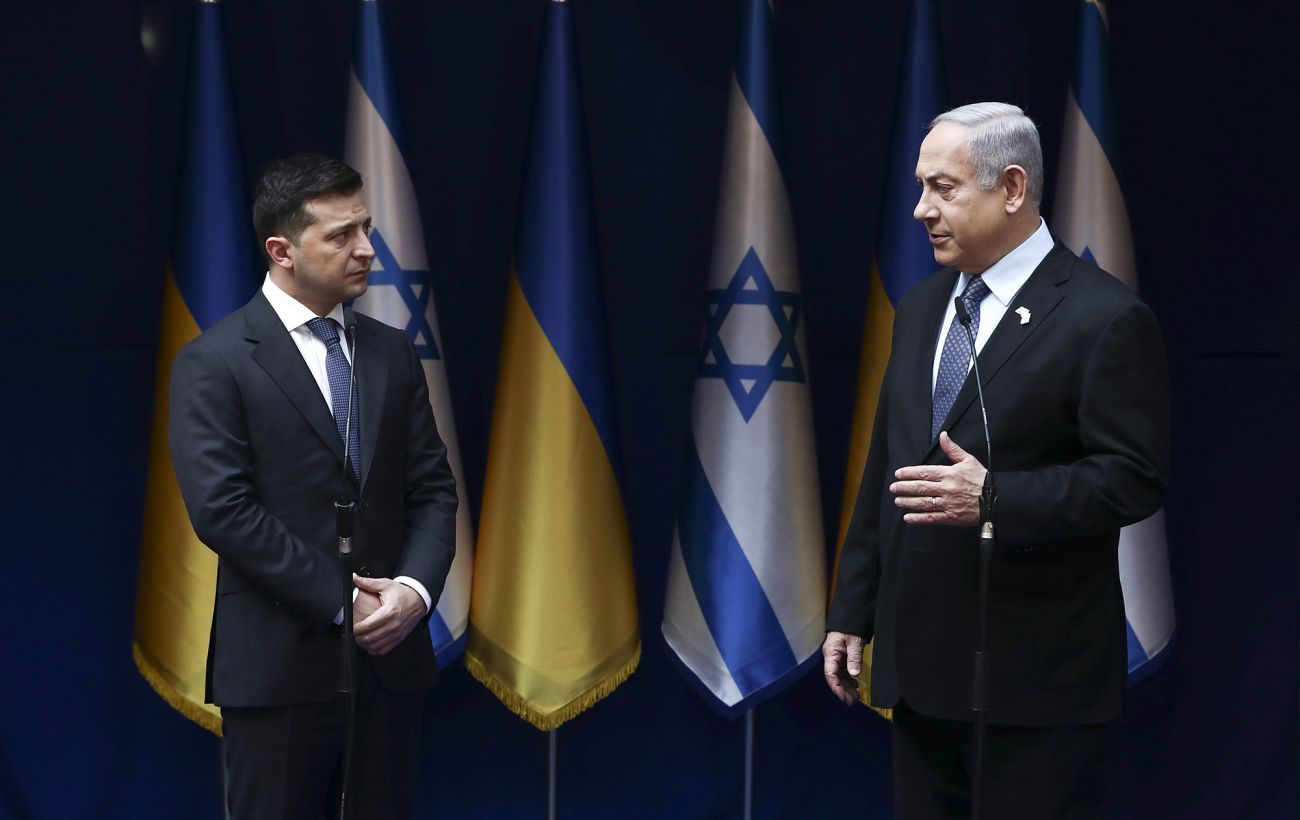Now Israel is showing the world how to defeat terrorists. This reminds of the Ukrainian fight against Russian aggression. Israel faces threats from Lebanon, while Ukraine faces invasion from Russia. Israeli Prime Minister Benjamin Netanyahu, like Ukrainian President Volodymyr Zelensky, is not only defending his country but also fighting for his political future. However, like Zelensky, he must take responsibility for the government’s actions during crisis moments. The Hamas attack on October 7 caused outrage among Israelis, just as the Russian invasion united Ukrainians.
Although from a political and historical perspective, these two states are not on the same pole, in the eyes of the vast majority of the world, they have become somewhat twins. Is this beneficial to Ukraine and is there a rational basis for such an approach?
External Threats: Iran and Russia
Iran and Russia are two key players seeking to destabilize the situation in the regions of their enemies. Just as Iran supports its allies in the Middle East, Russia supplies weapons and mercenaries to destroy Ukraine. Iran, like Putin, tries to intimidate Western countries with threats of nuclear escalation and terrorism. However, Israel ignores these threats, just as Ukraine disregards Putin’s statements about nuclear weapons. By fueling conflicts, Iran has weakened its own defense, like Russia, which has supplied a significant amount of missiles and drones to Iran in exchange for nuclear technologies.
Strength of Allies: USA, Great Britain, and Global Support
The USA and the United Kingdom support Israel in its confrontation with Iran, just as these same countries help Ukraine in its struggle against Russia. While the White House seeks to avoid escalation of the conflict, Israel does not hesitate to act decisively. A similar situation is seen in Ukraine: the world supports Ukraine, but the West is afraid of direct confrontation with Russia. Even missile strikes on civilian objects do not compel Western countries to provide Ukraine with all the necessary weapons, including long-range missiles. Zelensky, like Netanyahu, wants more decisive actions from allies.
Political decisions and real war
Israel, like Ukraine, has repeatedly faced situations where Western allies showed weakness at the diplomatic level. This is reminiscent of the situation with chemical attacks in Syria, when Obama in 2012 failed to react clearly to Assad’s use of chemical weapons. This allowed Assad to remain in power. The same risk arises for Ukraine — distrust that the West is willing to take tough measures against Putin may allow the aggressor to retain control over the occupied territories.
Bluff and real threat
US President Joe Biden, like many other world leaders, continues to hesitate in response to Putin’s threats to use nuclear weapons. But as with the situation in Israel, the world sees that Putin is simply bluffing. Just as Israel strikes terrorists without fearing corresponding actions, Ukraine should be able to act against Russia without constant fears of escalation. Time is on the side of those willing to fight for their survival, and it is important for Zelensky, like Netanyahu, that the West provides him with all the necessary tools for victory.


